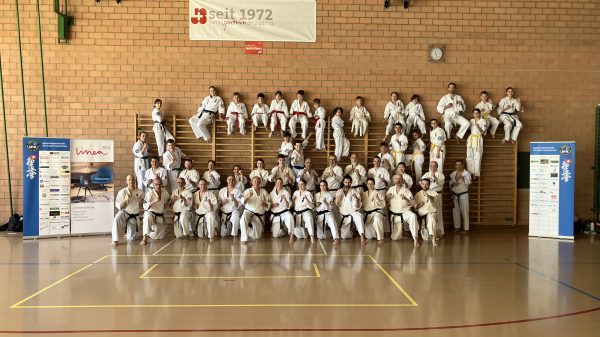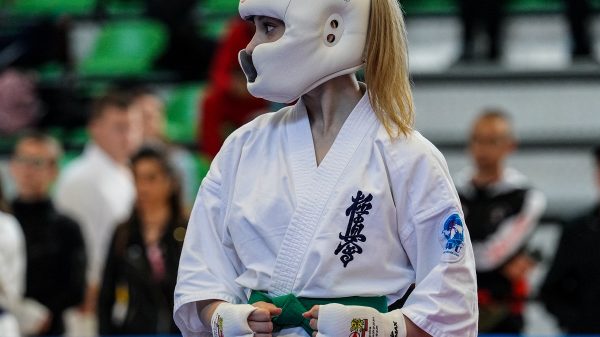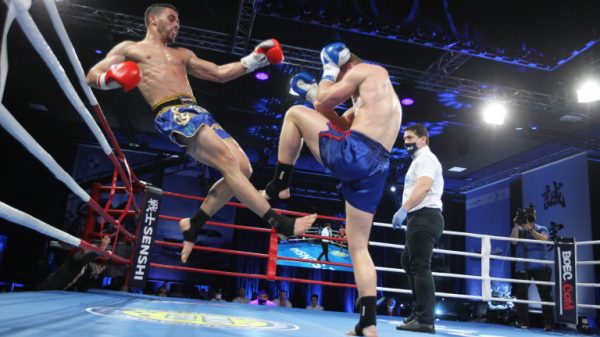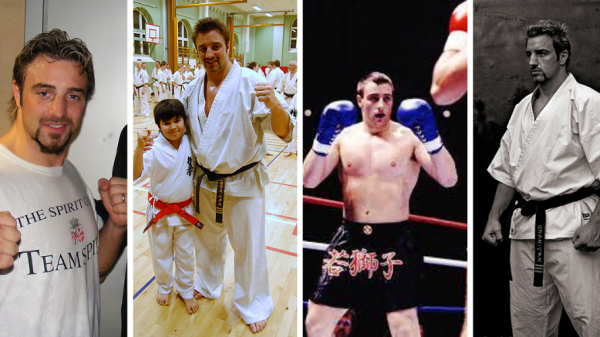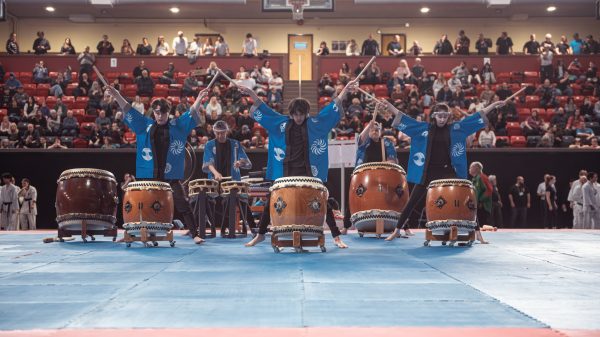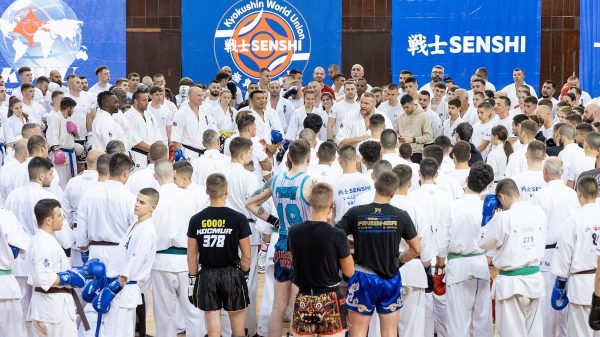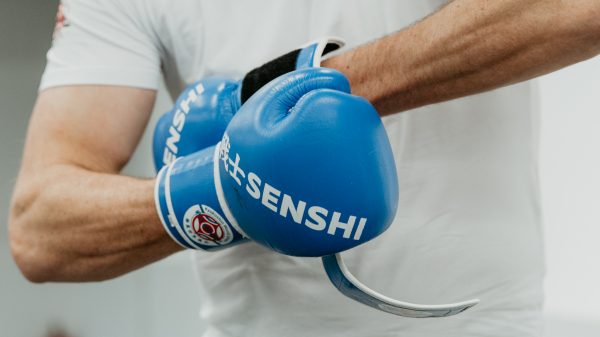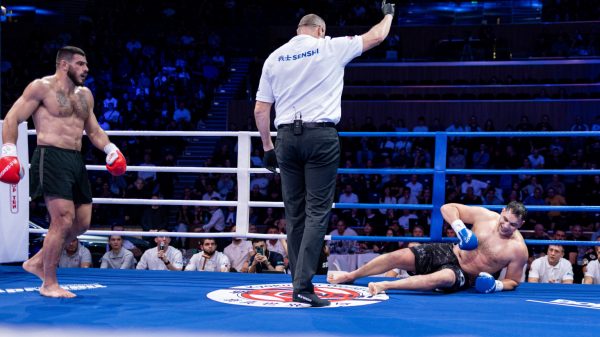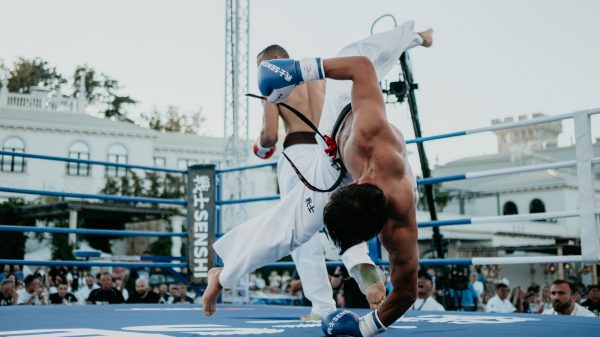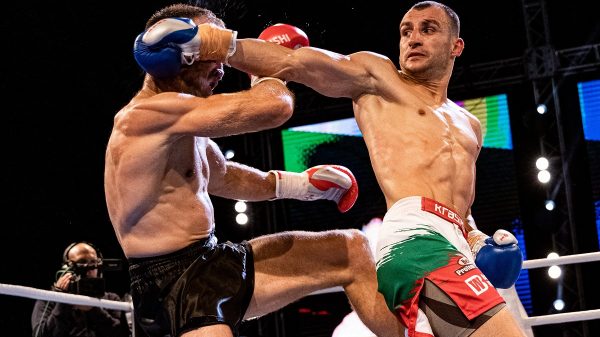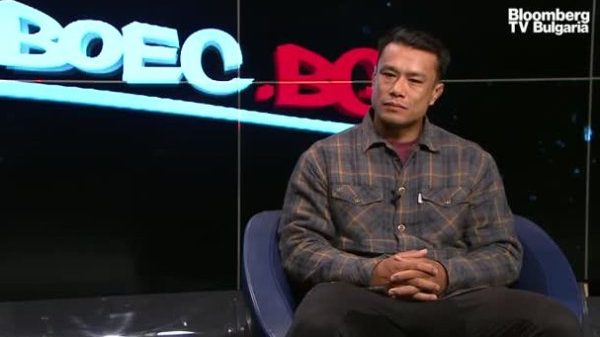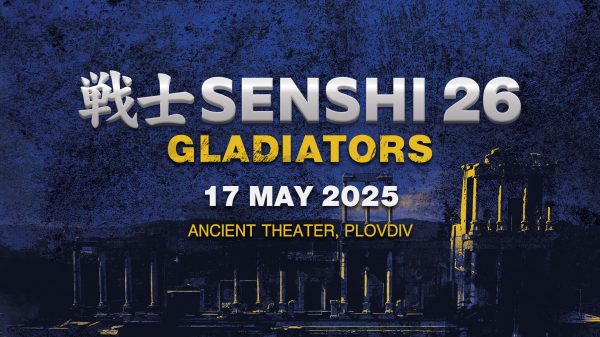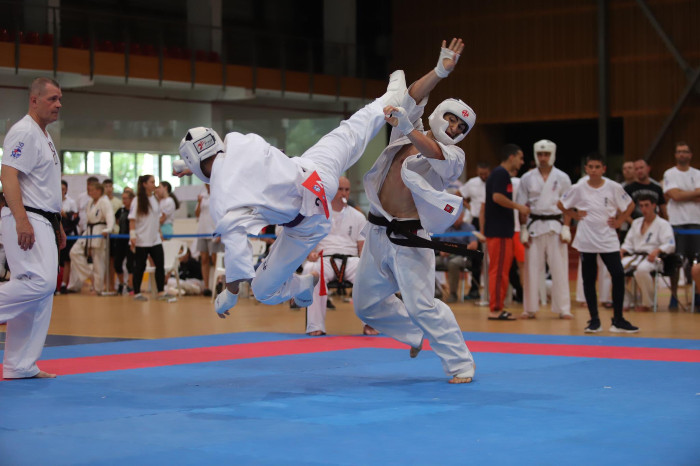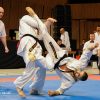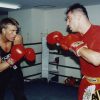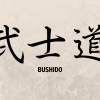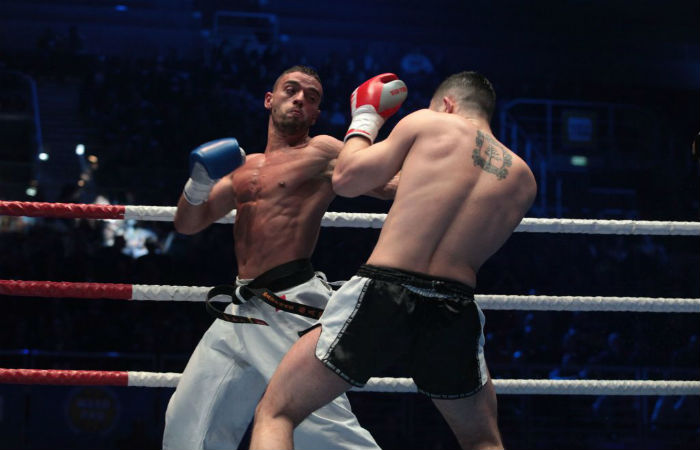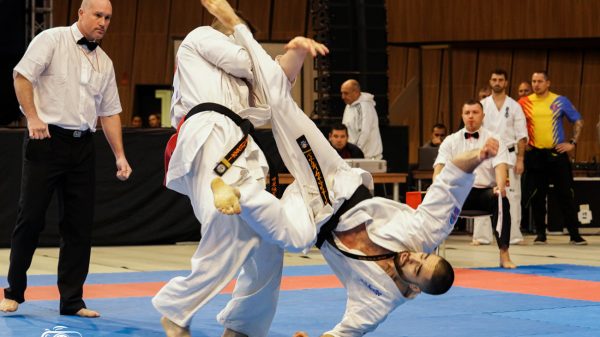Martial arts have long been touted as a way to gain confidence, discipline, self-awareness, and mastery of body/mind stability. As a mental health counselor, coach, and recreational martial artist myself, I often will recommend martial arts to clients as part of their treatment plan as it promotes mindfulness, confidence, healthy coping behaviors, and solid social connections. Martial artists often consider themselves practitioners for life and being a martial artist becomes a strong part of their identity.
But what happens when young student starts to associate the majority of their identity with being a martial artist and making the unconscious connection that it is because of their excellence as a martial artist that they are getting their basic needs met (according to Maslow’s hierarchy of needs) such as love/belonging, esteem, safety/security, meaning/purpose. This can result in the student taking on unnecessary pressure at a young age to perform at a high level and failure to do so might have them believing they are putting one or more of their basic needs in jeopardy. For example, we want to avoid young martial artists thinking “my family/friends love me because I’m a martial artist”.
Sports karate athletes in particular train vigorously for up to 3-4 hours daily in order to have a chance to compete and obtain that championship trophy at various competitions throughout the year around the globe. They aspire to join an elite sponsored team and constantly subject themselves to judging from beginning to end of their tournament career as well as constant comparisons to their competitors both within their team and with outside competition.
Thus, without a strong mental training program, what once started out as a lighthearted, recreational activity as fun now has the potential to be the cause of immense stress. Endorsements, television/film/social media opportunities, and scholarships are on the line. The person is more than a martial artist at this point, now they become a performance athlete with all the pressures both internally/externally that go along with it.
So, how can we prevent burnout and keep young sports karate athletes safe?
Coaches – Make the environment a supportive one. Think Miyagi-Do as opposed to Cobra Kai. Praise the individual for accomplishments outside of martial arts so they start to associate themselves with getting their basic needs met, not solely from their training, also for their community participation, role in the family dynamic, academic achievements, and positive traits as a person.
This is where the shameless plug comes in, as we encourage coaches, parents, and athletes to take the Grand Slam Mind (GSM) Athlete Wellness Assessment.
GSM Athlete Wellness Assessment
Respond with: never, sometimes, often, majority of the time
Do I think people will be disappointed in me if I am not an athlete?
Do I avoid social/family events in favor of practice?
Do I struggle to define myself without my sport?
Do I place all of my value in relation to my sport?
Do I see a future for myself without my sport?
Do I spend 5+ hours a day focusing on my sport?
Do you ever wish you could take a break from your sport?
I feel like escaping from my daily practice routines.
I feel like I can talk to others about my sports-related concerns.
I feel like my coaches/parents will understand if I need a break.
*End of Assessment*
To the athletes and their families, seek a performance coach to manage stressors that arise from competition and training. The Grand Slam Mindset Training Program offers individual sessions with athletes, coaches, and parents to tailor a program to ensure optimal functioning both on and off the mat.
Remember, students, allow yourself time to be a kid and take time to connect with friends/family/other interests. Finally, turn short-term losses into long-term wins and learn how a champion processes their emotions through the GSM Productive Processing Checklist:
The athlete processes their feelings/emotions and is allowed to vent frustrations after the competition.
They work with their performance coach/parent to gain insight into what they felt went differently than they would’ve liked and how to improve.
Make a tangible game-plan of the ways both on and off the mat they will grow from this experience.
The athlete will label the feelings that remain (anger, sadness, anxiety).
The athlete will identify their needs/wants to help alleviate symptoms of (anger, anxiety, etc.).
The athlete will learn to soothe themselves and transform this experience to grow more confident as martial artists and people.
In conclusion, although we would love for you to use the resources made available by Grand Slam Mind, the primary purpose of this article is to raise awareness about the mental health challenges that many young martial artists face and to present some strategies to combat these issues.
Mental health is a common subject of discussion in today’s world, but stigmas surrounding martial artists being naturally physically and mentally tough sometimes make it difficult to have a conversation in this space. We hope that this information helps start some of those necessary discussions, and will help improve the mental well-being of young martial artists around the world.


